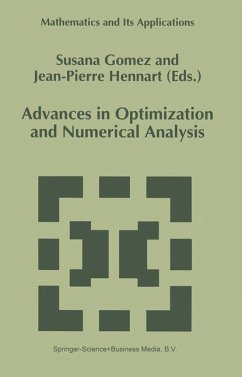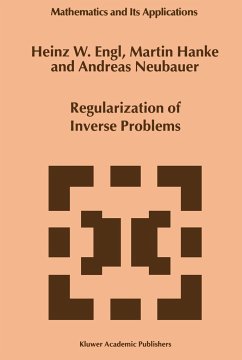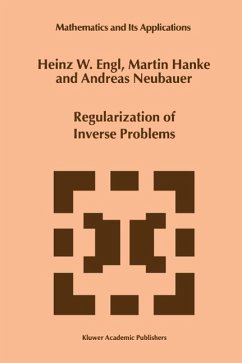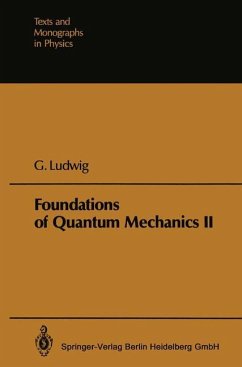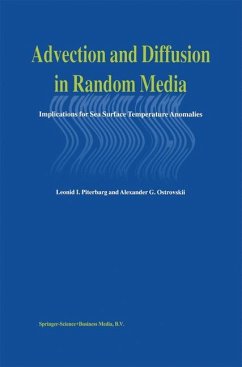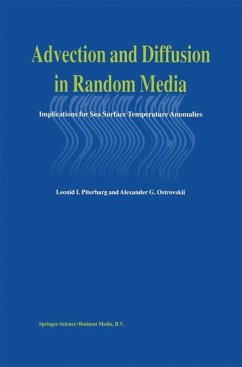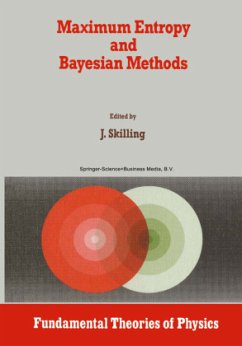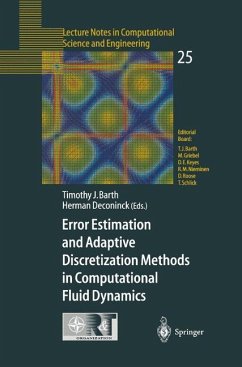
Quantum Dynamics with Trajectories
Introduction to Quantum Hydrodynamics
Mitarbeit: Trahan, Corey J.
Versandkostenfrei!
Versandfertig in 6-10 Tagen
110,99 €
inkl. MwSt.

PAYBACK Punkte
55 °P sammeln!
Remarkable progress has recently been made in the application of quantumtrajectories as the computational tool for solving quantum mechanical problems. This is the first book to present these developments in the broader context of the hydrodynamical formulation of quantum dynamics. In addition to a thorough discussion of the quantum trajectory equations of motion, there is considerable material that deals with phase space dynamics, adaptive moving grids, electronic energy transfer, and trajectories for stationary states.On the pedagogical side, a number of sections of this book will be accessi...
Remarkable progress has recently been made in the application of quantumtrajectories as the computational tool for solving quantum mechanical problems. This is the first book to present these developments in the broader context of the hydrodynamical formulation of quantum dynamics. In addition to a thorough discussion of the quantum trajectory equations of motion, there is considerable material that deals with phase space dynamics, adaptive moving grids, electronic energy transfer, and trajectories for stationary states.
On the pedagogical side, a number of sections of this book will be accessible to students who have had an introductory quantum mechanics course. There is also considerable material for advanced researchers, and chapters in the book cover both methodology and applications. The book will be useful to students and researchers in physics, chemistry, applied math, and computational dynamics.
On the pedagogical side, a number of sections of this book will be accessible to students who have had an introductory quantum mechanics course. There is also considerable material for advanced researchers, and chapters in the book cover both methodology and applications. The book will be useful to students and researchers in physics, chemistry, applied math, and computational dynamics.





